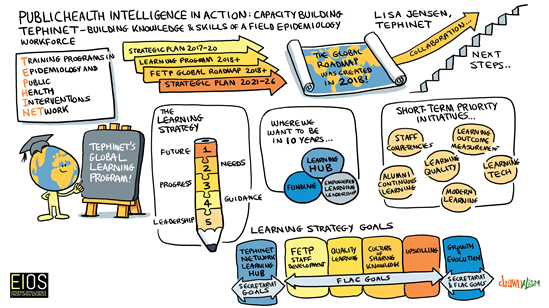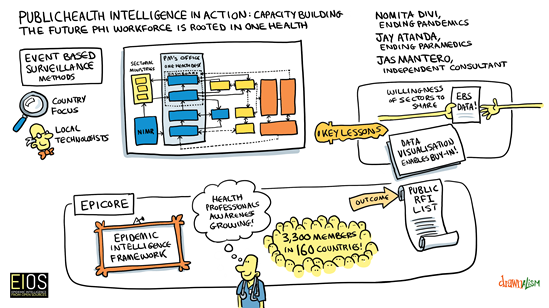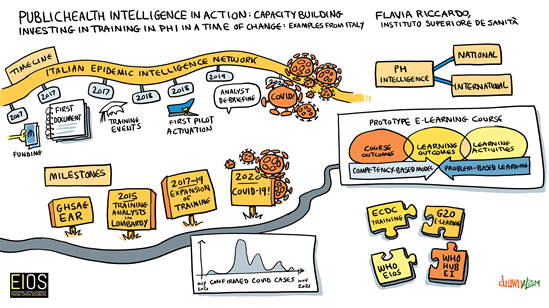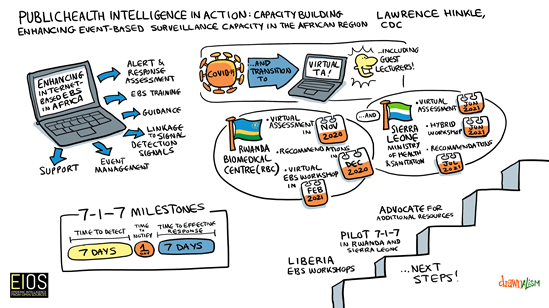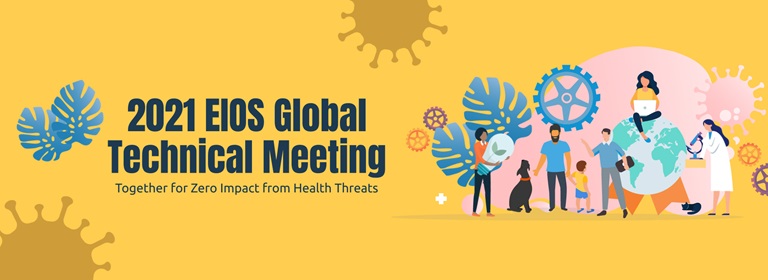
Public Health Intelligence in Action: Capacity Building
Thursday, 9 December 2021
Moderator
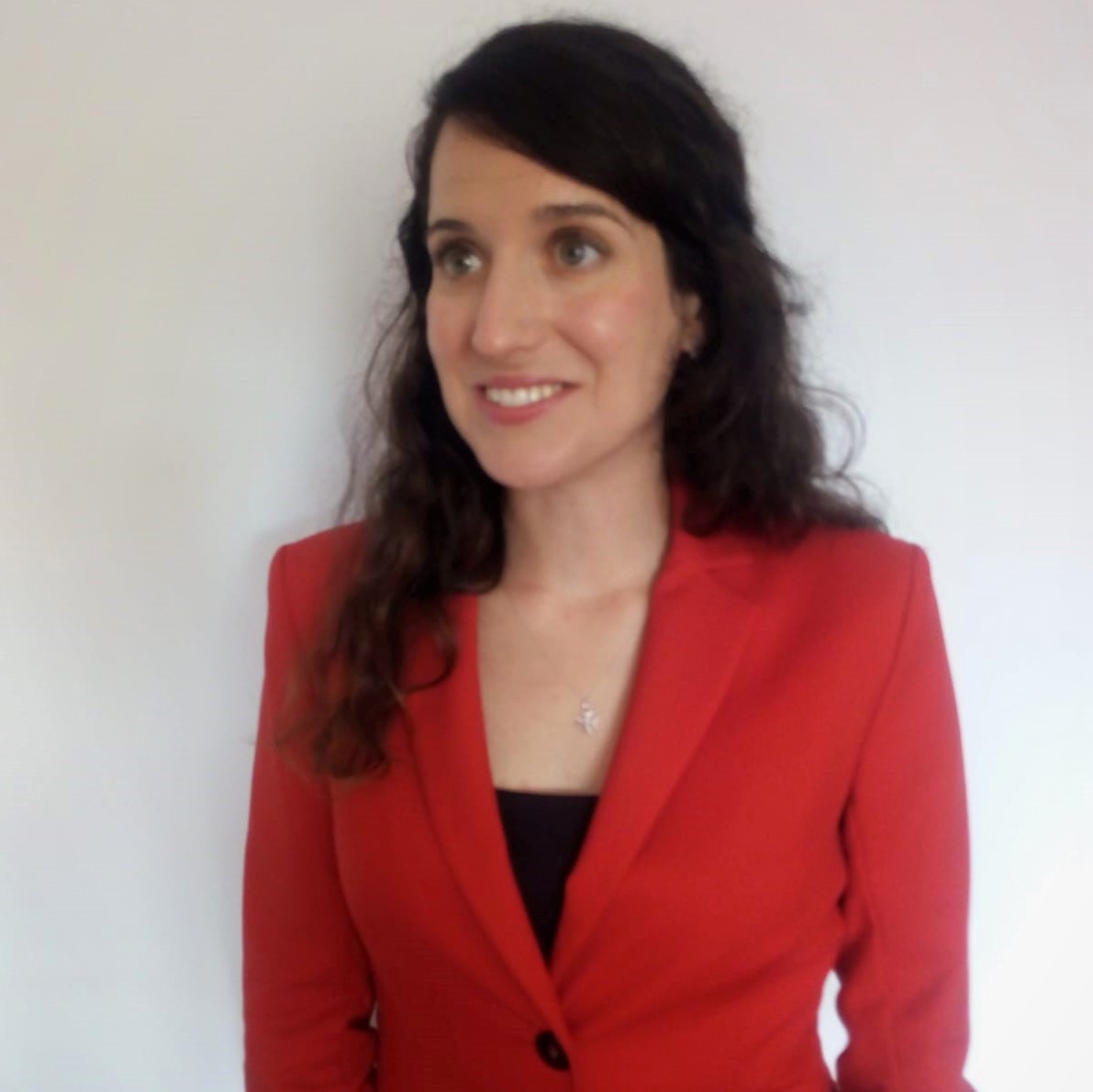
Raquel Medialdea Carrera
Epidemiologist & EIOS Training Coordinator, World Health Organization (WHO)
Raquel Medialdea is a Spanish epidemiologist with a PhD in Infections and Global Health from the University of Liverpool, UK. Raquel completed EPIET (the FETP Fellowship of the European Centre for Disease Control and Prevention - ECDC) based in the Ministry for Health of Malta. Raquel has over seven years of a track record in international public health crisis, health emergencies and public health intelligence including deploying twice to Sierra Leone in 2015 during the Ebola outbreak and working in Brazil for almost 2 years during the Zika, Chikungunya and Dengue Virus epidemic (2016-2018). Raquel joined WHO in 2019 to support the Ebola response in DRC from Health Emergency Information and Risk Assessment (HIM) Department in WHO HQ, Geneva. In 2020, Raquel worked with the Go.Data/GOARN team deploying to Mexico, Colombia, Brazil and Argentina. In 2020, Raquel joined the WHO COVID-19 Intelligence, Info Products & GIS team within the COVID-19 Incident Management Support Team (IMST). In 2021, Raquel joined the Innovation Systems and Analytics (ISA) Unit within the Health Emergency Information and Risk Assessment (HIM) (WHE) as Training Coordinator in the EIOS Core Team. Raquel is currently living in Geneva and is also passionate about running, hiking, cycling and camping.
Speakers

Lisa Jensen
Chair, FETP Learning Advisory Council, Training Programs in Epidemiology and Public Health Interventions Network (TEPHINET)
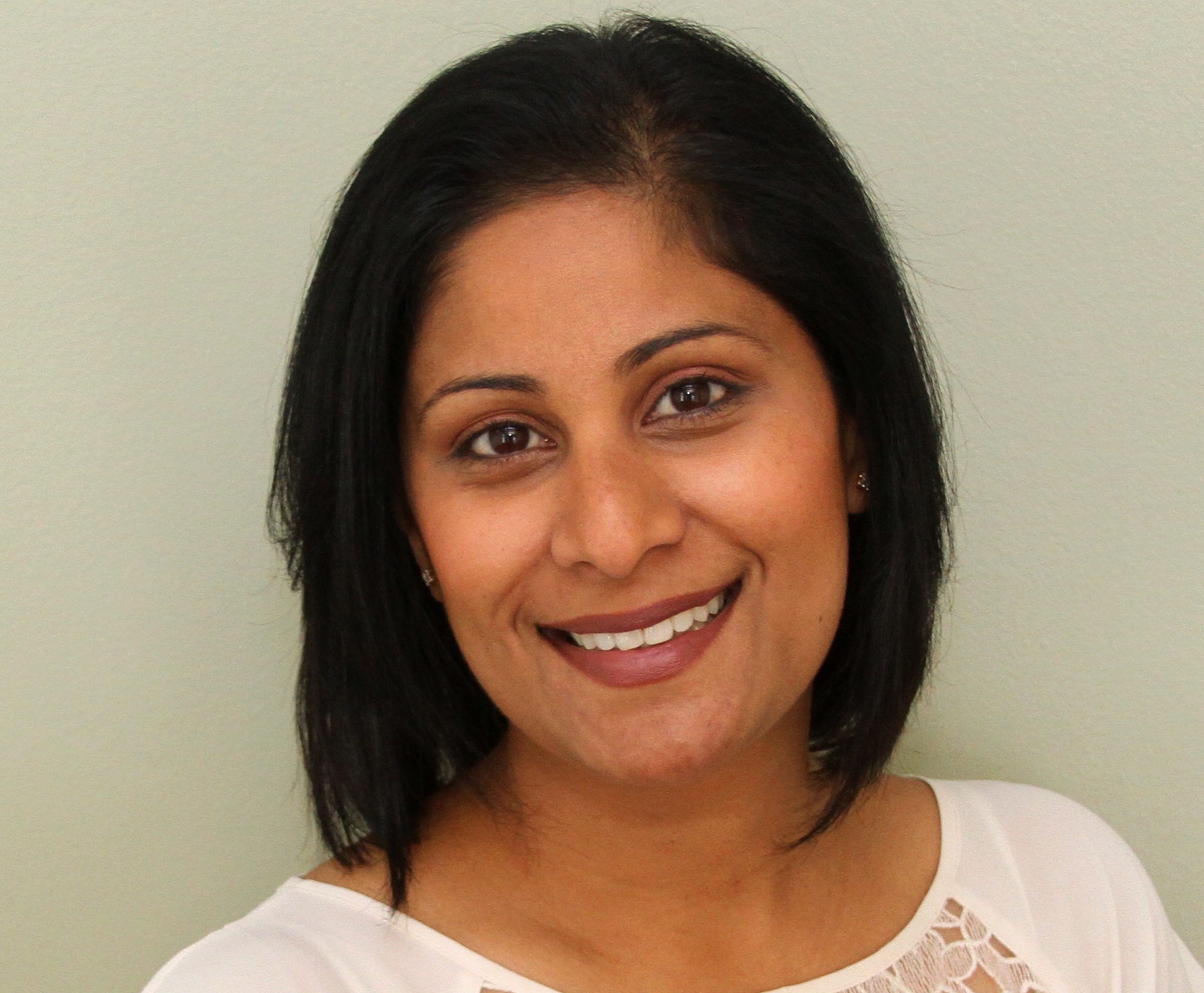
Nomita Divi
Director, Ending Pandemics

Jay Atanda
Program Officer, Ending Pandemics
Dr. Jay Atanda is a Program Officer at Ending Pandemics where he leads tri-country projects in South Africa and south-east Asia to expand epidemic intelligence using non-traditional data at the human, animal, and environmental interface (One Health); and building a web-based, one-stop shop for global flu data, an exemplar of using data from multi-country, participatory disease surveillance systems to show flu trends over time. He is a clinician with epidemiology training at the masters and doctoral level.
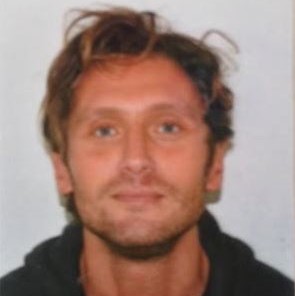
Jas Mantero
Epidemic Intelligence Expert, Independent Consultant
I am an Italian public health physician working in the field of epidemic intelligence (EI) for the past 15 years, with a special focus on public health events early detection, verification, risk assessment, and response options definition. I have worked on EI at international level (e.g. World Health Organization, European Centre for Disease Prevention & Control, European Commission) as well as at local level (e.g. Doctors without Borders/MSF and Doctors with Africa/CUAMM). I am currently an independent consultant and support Ending Pandemics in applying innovations to disease surveillance across hard-to-reach communities, providing technical advice on Event Based Surveillance and related activities with national and subnational health authorities. I am (since 2017) the focal point for the EpiCore project, an Ending Pandemics initiative aiming to support the EI process through the voluntary contribution of a worldwide network of health professionals.

Flavia Riccardo
Senior researcher, Istituto Superiore di Sanità (ISS)
Flavia Riccardo is an MD, PhD and an infectious disease specialist. She works as a senior researcher in the Department of Infectious Diseases of the Italian National Institute of Health in Rome (Istituto Superiore di Sanità - ISS), with responsibilities in the field of infectious disease and pandemic preparedness, surveillance and response and in the coordination of the Italian Network of Epidemic Intelligence. Among her interests are the implementation of the International Health Regulations, with a particular focus on communicable diseases, public health intelligence, capacity building and operational research.
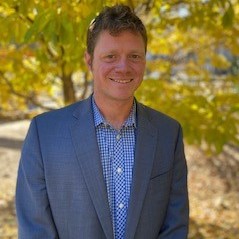
Lawrence Hinkle
Epidemiologist, Centers for Disease Control and Prevention (CDC)
Lawrence Hinkle is an epidemiologist and analyst in the Global Disease Detection Operations Center (GDDOC) in the Emergency Response and Recovery Branch, Division of Global Health Protection, Center for Global Health, at the US Centers for Disease Control and Prevention (CDC) in Atlanta. As a member of the GDDOC team, he performs event-based surveillance (EBS) in order to identify, gather, and analyze information related to international disease outbreaks and other threats. Lawrence also works on projects focused on enhancing EBS capacity in other countries. Additionally, he works to support implementation of the Epidemic Intelligence from Open Sources (EIOS) project. Previously, Lawrence was a PHI Global Health Fellow with the Voluntary Medical Male Circumcision (VMMC) team in the HIV Prevention Branch of the Division of Global HIV/TB (DGHT) at CDC. While with the VMMC team he focused on issues related to quality and devices. He performed analyses on adverse events and led an evaluation of the introduction of a new circumcision device in Tanzania and Namibia. In this role he also supported a study that focused on the sustainability of VMMC services in Kenya. Prior to arriving at CDC, Lawrence worked as a Policy Analyst at the National Academy for State Health Policy (NASHP) in Portland, Maine. At NASHP, his work focused on issues related to health system performance and population health including early childhood health and development, health disparities, oral health, primary care transformation, care coordination, patient safety, and Medicaid innovation. Lawrence earned his bachelor’s degree in history from Bates College in Lewiston, Maine. He earned his Master of Science in Public Health (MSPH) in Health Policy & Management from the Gillings School of Global Public Health at the University of North Carolina-Chapel Hill.


